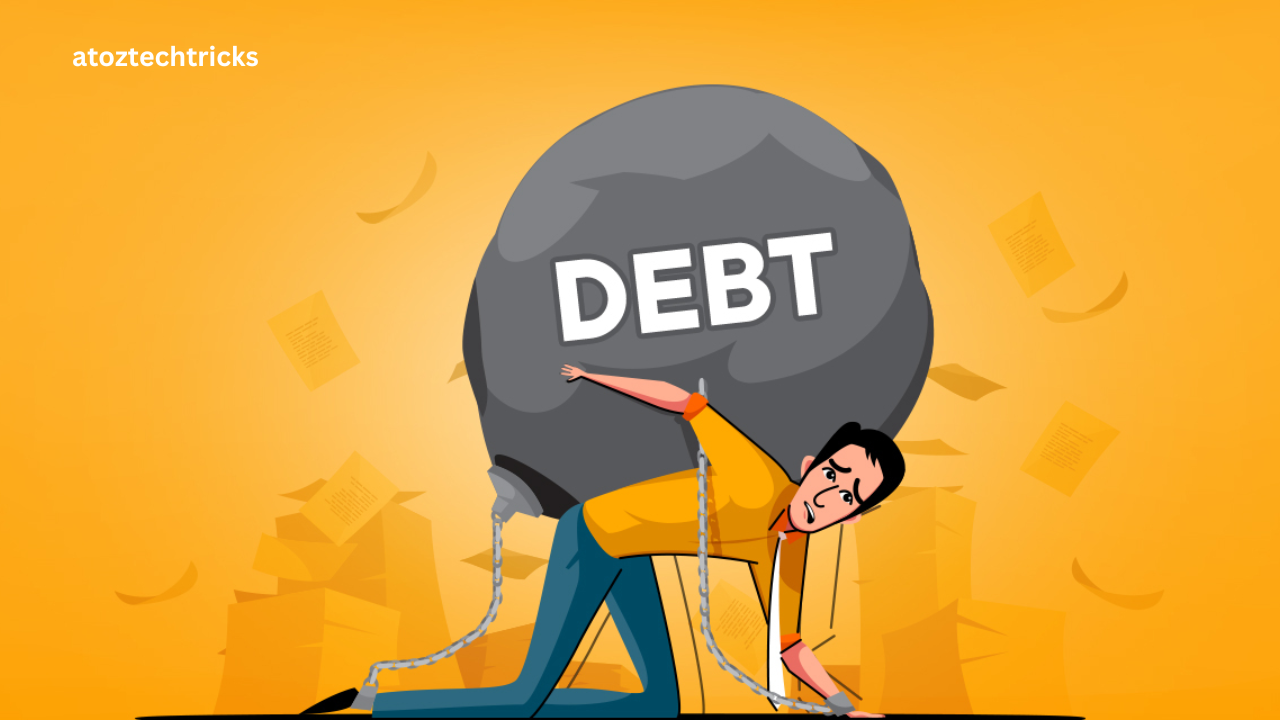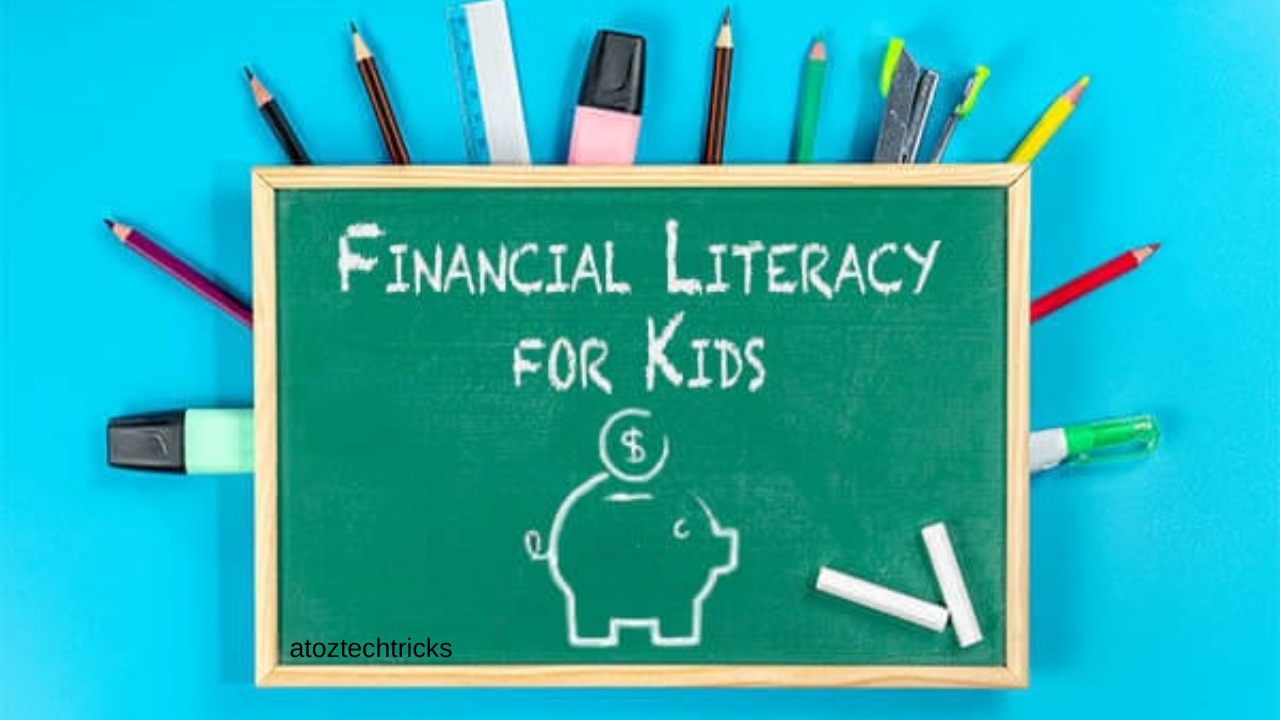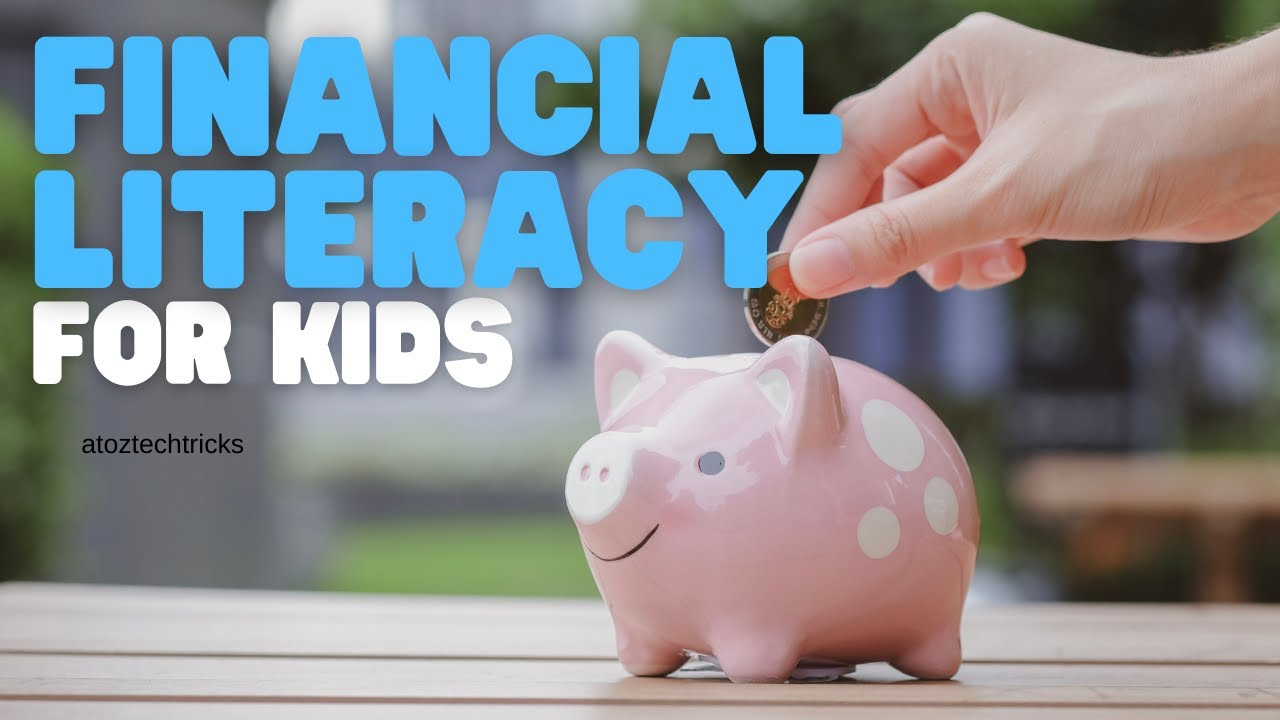Preventing Future Debt: Strategies for Financial Health
In a world where consumer debt is increasingly common, preventing future debt is crucial for maintaining financial health and achieving long-term financial stability. Debt can arise from a variety of sources—credit cards, student loans, medical bills, and more. It’s not just about managing existing debt but also about implementing strategies to avoid accumulating new debt in the future. This comprehensive guide provides actionable strategies and practical advice for preventing future debt and securing your financial future.
Understanding Debt and Its Impact
The Nature of Debt
Debt involves borrowing money that must be repaid with interest. While it can be a tool for achieving goals, such as purchasing a home or funding education, it can also become a burden if not managed wisely. High levels of debt can lead to financial stress, affect your credit score, and hinder your ability to save for the future.
The Consequences of Debt
Uncontrolled debt can have severe consequences. It may lead to high-interest payments, which increase the total amount repaid. Debt can also impact your credit score, making it harder to secure loans or obtain favourable interest rates. Moreover, high debt levels can affect your mental well-being, causing anxiety and stress.
Retirement Planning: A Comprehensive Guide to Securing Your Golden Years
Building a Strong Financial Foundation
Creating a Budget
A well-structured budget is the cornerstone of financial management. It involves tracking your income and expenses to ensure that you live within your means. Start by listing all sources of income and categorizing your expenses—fixed (rent, mortgage) and variable (entertainment, dining out). Use this information to create a budget that allocates funds to savings and debt repayment.
Tips for Effective Budgeting
- Track Your Spending: Use budgeting apps or spreadsheets to monitor your expenses.
- Set Realistic Goals: Ensure your budget aligns with your financial goals.
- Adjust as Needed: Regularly review and adjust your budget to reflect changes in income or expenses.
Building an Emergency Fund
An emergency fund is a financial safety net that helps cover unexpected expenses, such as medical bills or car repairs, without relying on credit cards or loans. Aim to save three to six months’ worth of living expenses in a readily accessible account.
Steps to Build an Emergency Fund
- Determine Your Goal: Calculate the amount needed to cover three to six months of expenses.
- Automate Savings: Set up automatic transfers to your emergency fund.
- Prioritize Saving: Treat your emergency fund contributions as a non-negotiable expense.

Managing and Reducing Debt
Understanding Your Debt
Before you can prevent future debt, it’s essential to understand your current debt situation. This includes knowing the total amount owed, the interest rates, and the minimum payments.
Steps to Assess Your Debt
- List All Debts: Create a comprehensive list of your debts, including credit cards, loans, and any other obligations.
- Review Terms: Examine the interest rates, payment schedules, and terms of each debt.
- Calculate Total Debt: Determine your total debt amount and monthly obligations.
Creating a Debt Repayment Plan
A structured debt repayment plan helps you tackle existing debt and avoid accumulating more. Strategies such as the snowball or avalanche method can be effective.
Snowball Method
- List Debts by Amount: Order debts from smallest to largest.
- Focus on Smallest Debt: Make minimum payments on all debts except the smallest.
- Pay Extra on Smallest Debt: Apply any extra funds to the smallest debt until it’s paid off.
- Move to Next Debt: Once the smallest debt is cleared, move on to the next one.
Avalanche Method
- List Debts by Interest Rate: Order debts from highest to lowest interest rate.
- Focus on Highest Interest Debt: Make minimum payments on all debts except the one with the highest interest rate.
- Pay Extra on Highest Interest Debt: Apply extra funds to the highest interest debt until it’s paid off.
- Move to Next Debt: Once the highest interest debt is cleared, move on to the next one.
Avoiding High-Interest Debt
High-interest debt, such as credit card debt, can quickly accumulate and become unmanageable. To avoid high-interest debt:
- Pay Off Credit Card Balances Monthly: Aim to pay off your credit card balances in full each month.
- Avoid Cash Advances: Cash advances on credit cards often come with high interest rates and fees.
- Use Credit Responsibly: Only charge what you can afford to pay off each month.
Understanding Different Retirement Accounts: A Comprehensive Guide
Building Healthy Financial Habits
Saving and Investing
Regular saving and investing are key to financial health. By setting aside money for future needs and investing wisely, you can build wealth and reduce reliance on debt.
Tips for Saving and Investing
- Automate Savings: Set up automatic transfers to savings or investment accounts.
- Start Small: Begin with small, consistent contributions and gradually increase as your financial situation improves.
- Diversify Investments: Spread investments across different asset classes to manage risk.
Living Within Your Means
Living within your means is fundamental to preventing future debt. This involves making financial decisions that align with your budget and long-term goals.
Strategies for Living Within Your Means
- Avoid Impulse Purchases: Wait before making non-essential purchases to ensure they are necessary.
- Plan Large Purchases: Save for significant expenses rather than relying on credit.
- Seek Value: Look for discounts and compare prices before making purchases.
Educating Yourself Financially
Financial literacy is essential for making informed decisions and avoiding debt. Continuously educate yourself about personal finance through books, courses, and financial advice.
Resources for Financial Education
- Books: Read personal finance books to gain insights into managing money and debt.
- Online Courses: Enroll in online courses or webinars focused on financial management.
- Financial Advisors: Consult with a financial advisor for personalized guidance.

Dealing with Financial Setbacks
Addressing Unexpected Expenses
Unexpected expenses can disrupt your budget and lead to debt if not managed properly. Have a plan in place to handle emergencies without resorting to credit.
Steps to Manage Unexpected Expenses
- Use Your Emergency Fund: Tap into your emergency fund for unexpected costs.
- Negotiate Payment Plans: Contact creditors or service providers to negotiate payment plans if necessary.
- Seek Financial Assistance: Explore options for financial assistance or support if needed.
Avoiding Lifestyle Inflation
Lifestyle inflation occurs when increased income leads to increased spending rather than saving or investing. To prevent lifestyle inflation:
- Save or Invest Extra Income: Direct any additional income towards savings or investments.
- Maintain Budget Discipline: Stick to your budget even as your income increases.
- Set Financial Goals: Focus on long-term financial goals to avoid unnecessary spending.
Building Long-Term Financial Security
Planning for Retirement
Planning for retirement is a crucial aspect of long-term financial security. By saving and investing for retirement, you can ensure a comfortable future without relying on debt.
Steps for Retirement Planning
- Start Early: Begin saving for retirement as early as possible to benefit from compound interest.
- Contribute to Retirement Accounts: Make regular contributions to retirement accounts such as 401(k)s or IRAs.
- Review and Adjust: Periodically review your retirement plan and make adjustments as needed.
Ensuring Financial Stability
Financial stability involves having a plan in place for managing your money, saving for future goals, and avoiding debt. Regularly assess your financial situation and make adjustments to stay on track.
Tips for Ensuring Financial Stability
- Regular Financial Reviews: Conduct regular reviews of your budget, savings, and investments.
- Set Financial Goals: Establish short-term and long-term financial goals to guide your financial decisions.
- Seek Professional Advice: Consult with financial professionals for advice on achieving and maintaining financial stability.
Preventing future debt is essential for maintaining financial health and achieving long-term financial goals. By creating a budget, building an emergency fund, managing and reducing existing debt, and adopting healthy financial habits, you can safeguard yourself from the pitfalls of debt. Educating yourself financially, addressing unexpected expenses, and planning for retirement further contribute to financial stability and security. Implementing these strategies will help you build a strong financial foundation and ensure a debt-free future.

Take control of your financial life today by applying these principles and making informed financial decisions. Your future self will thank you for the efforts you make now to prevent future debt and achieve lasting financial well-being.




Post Comment